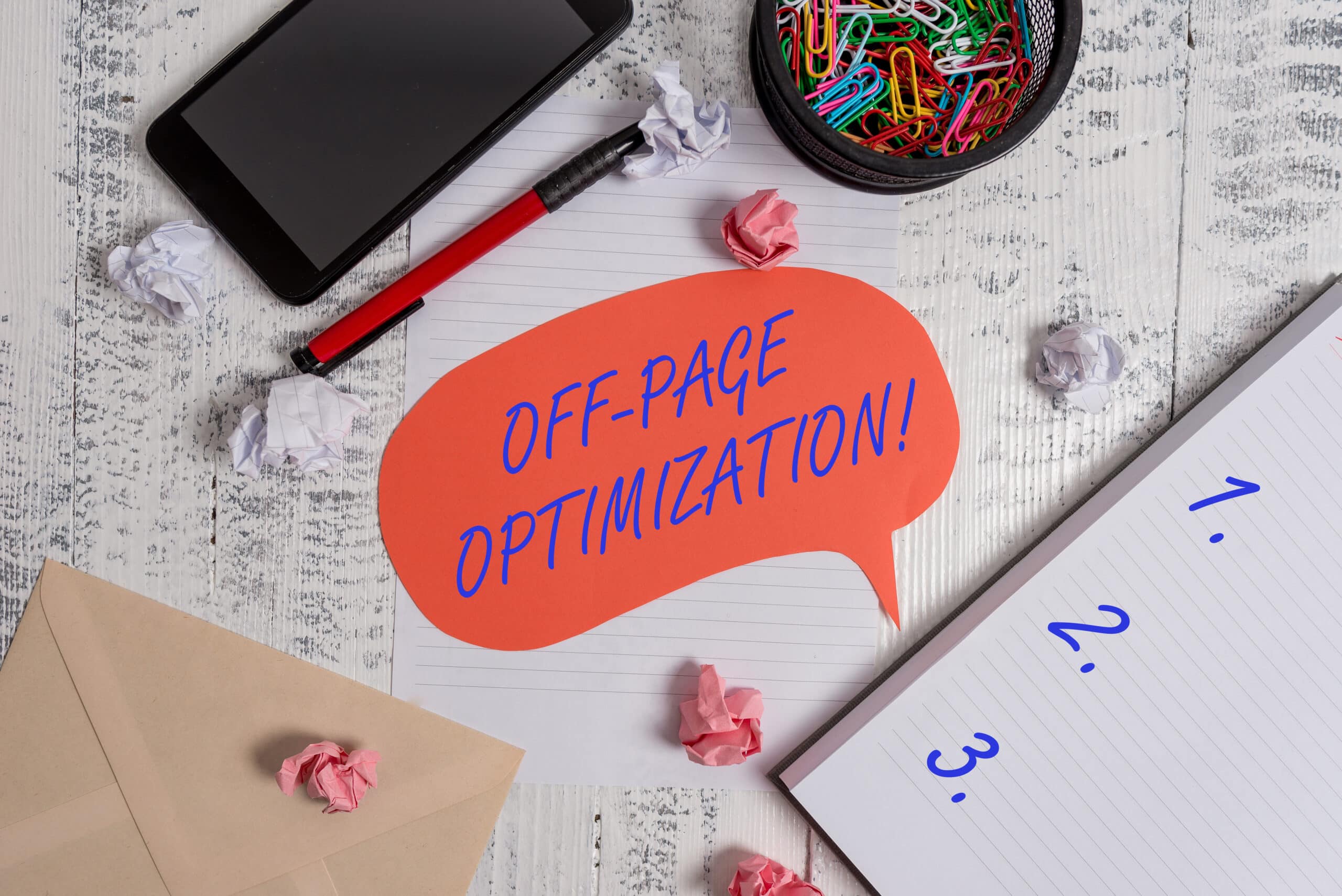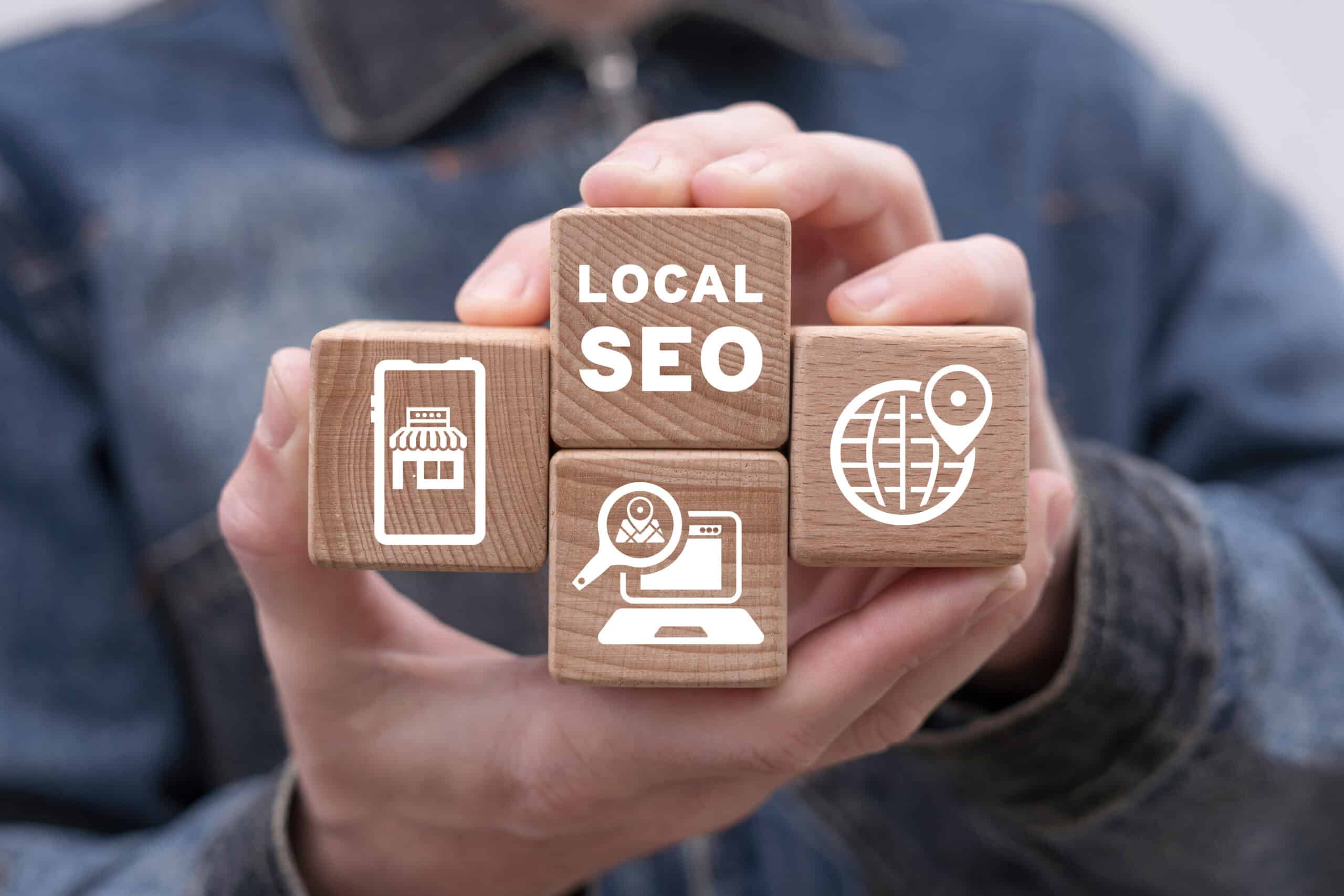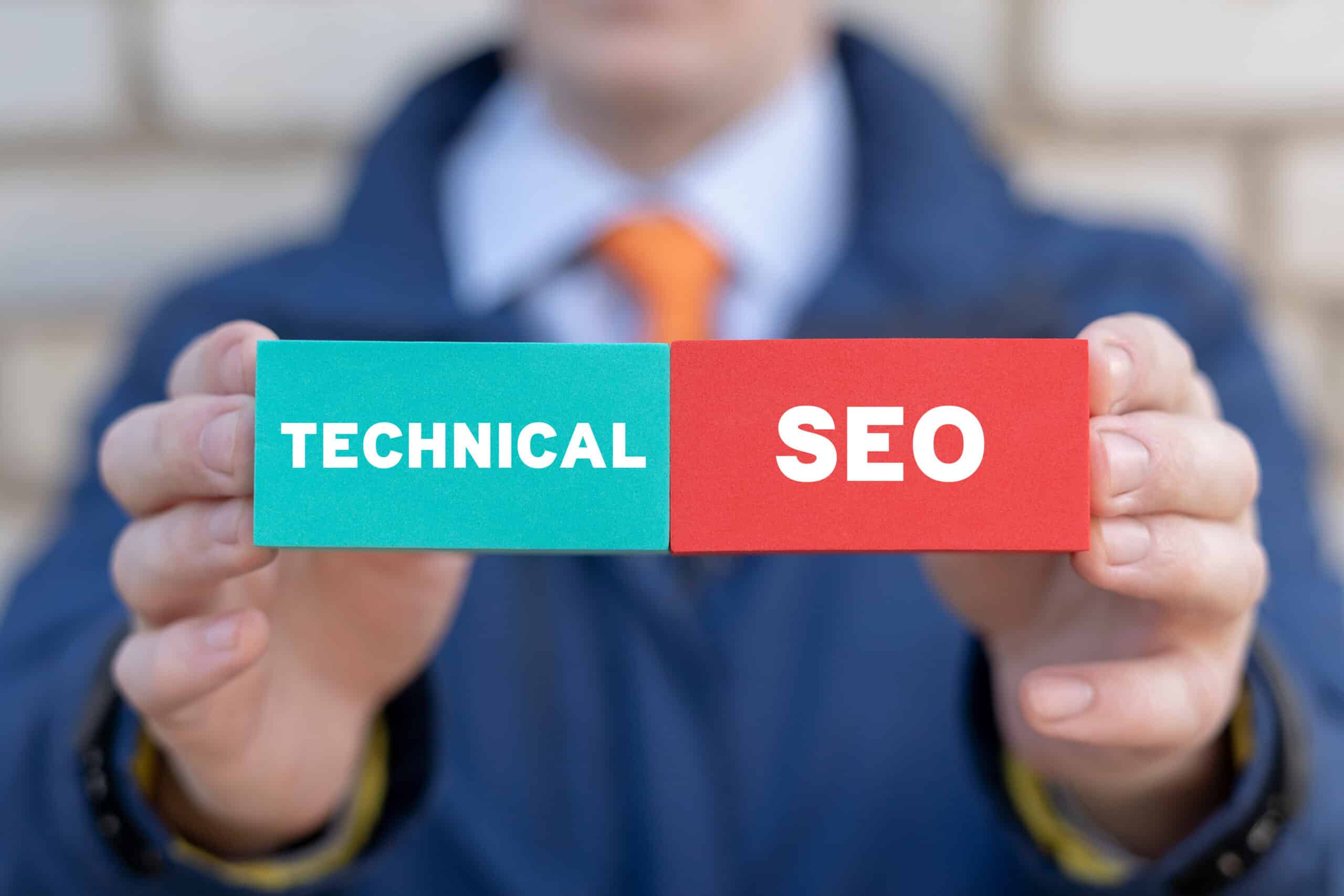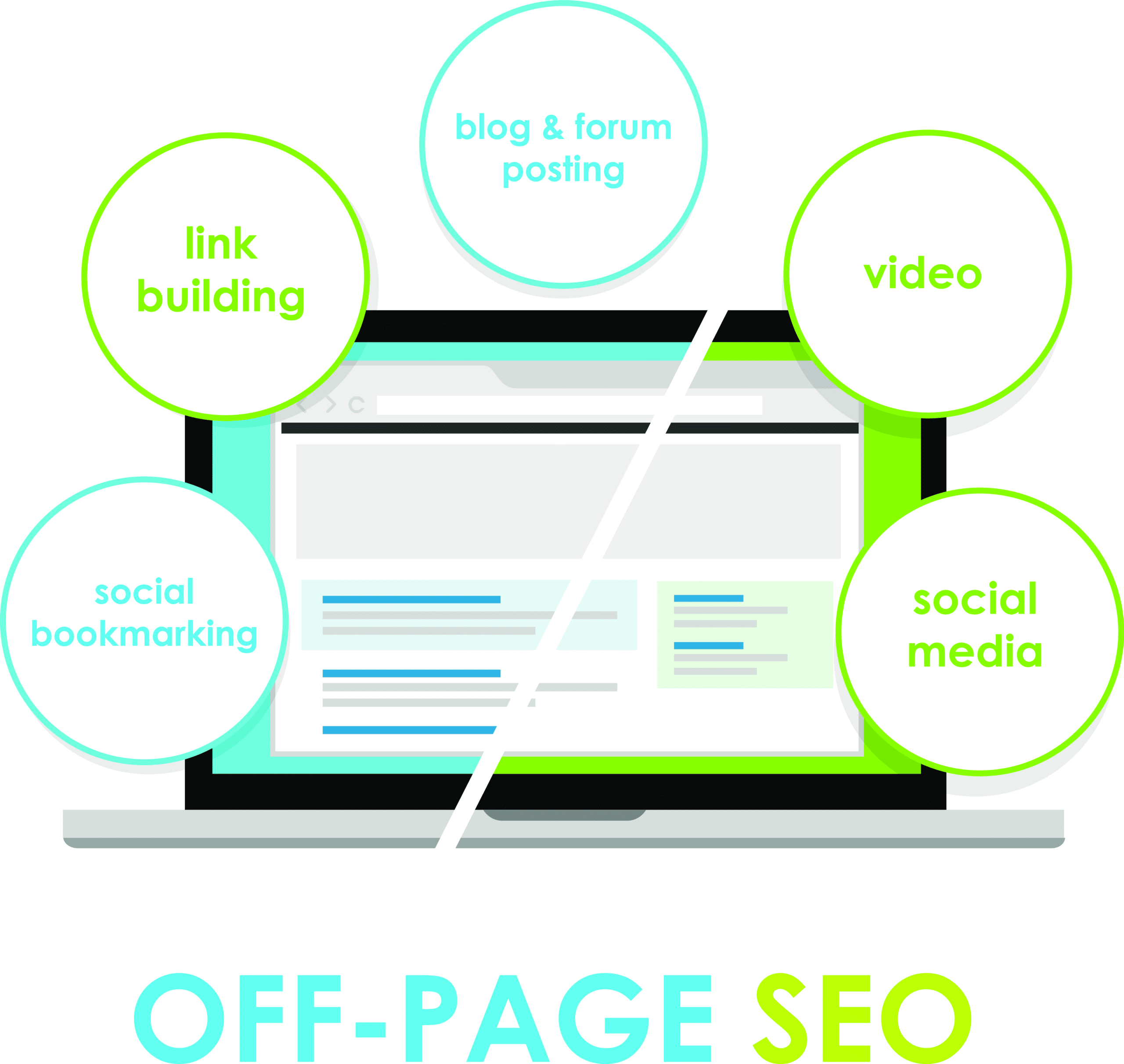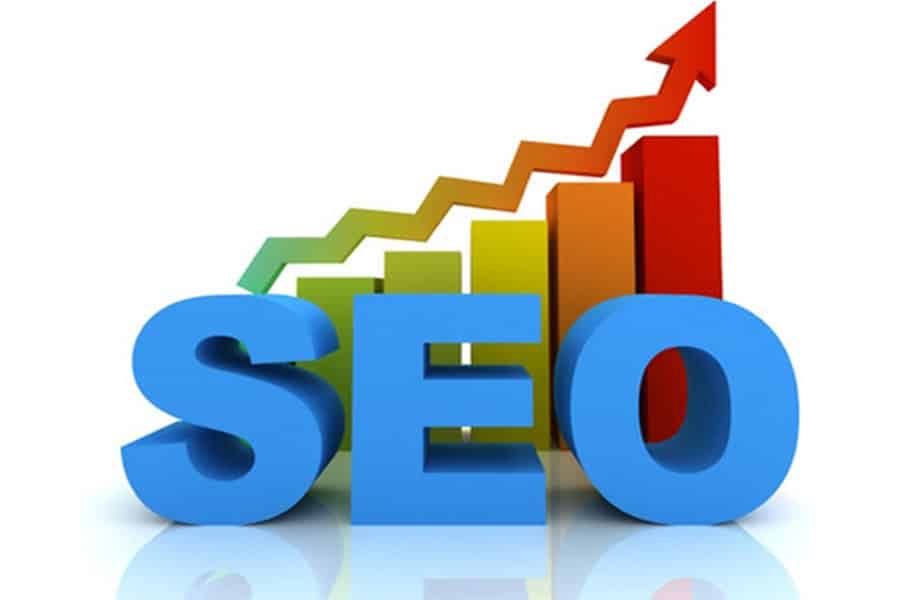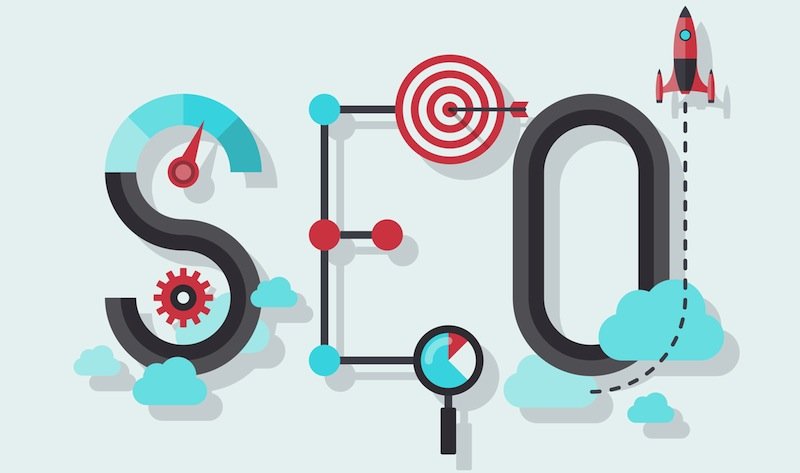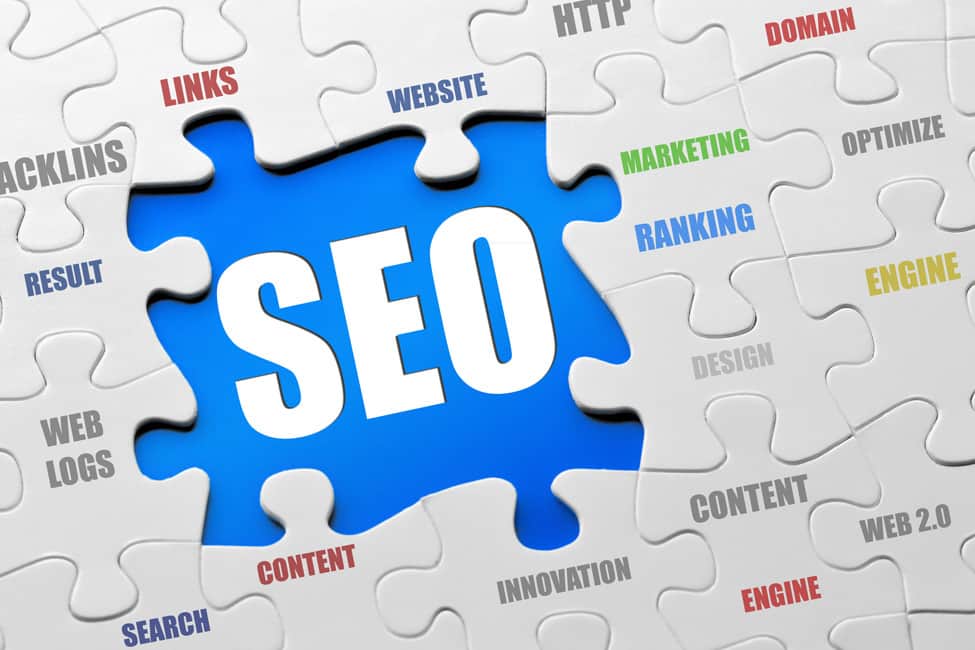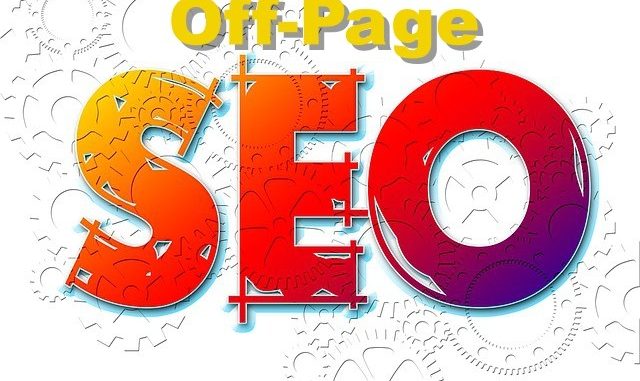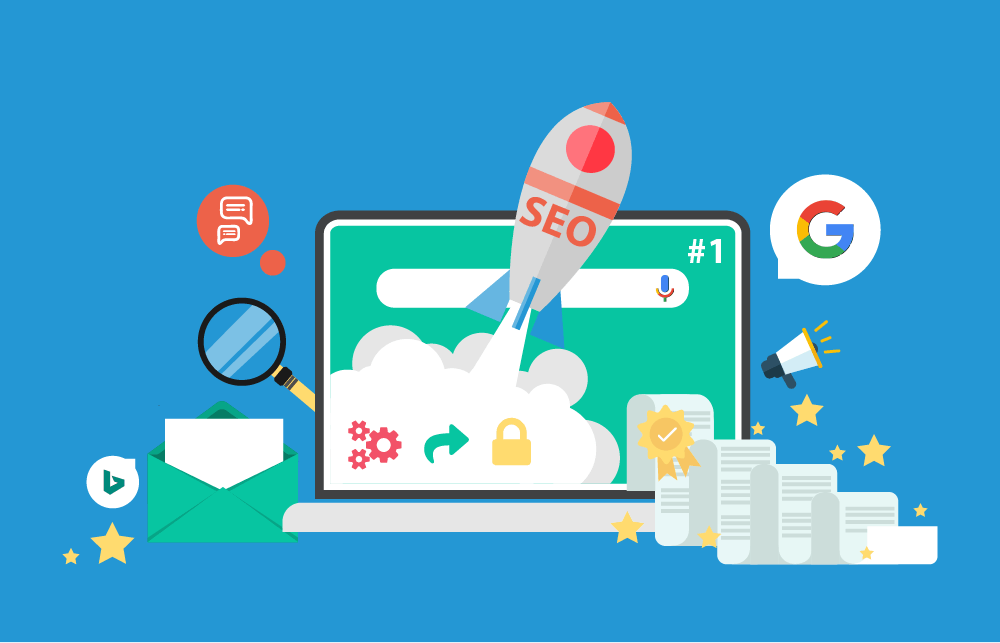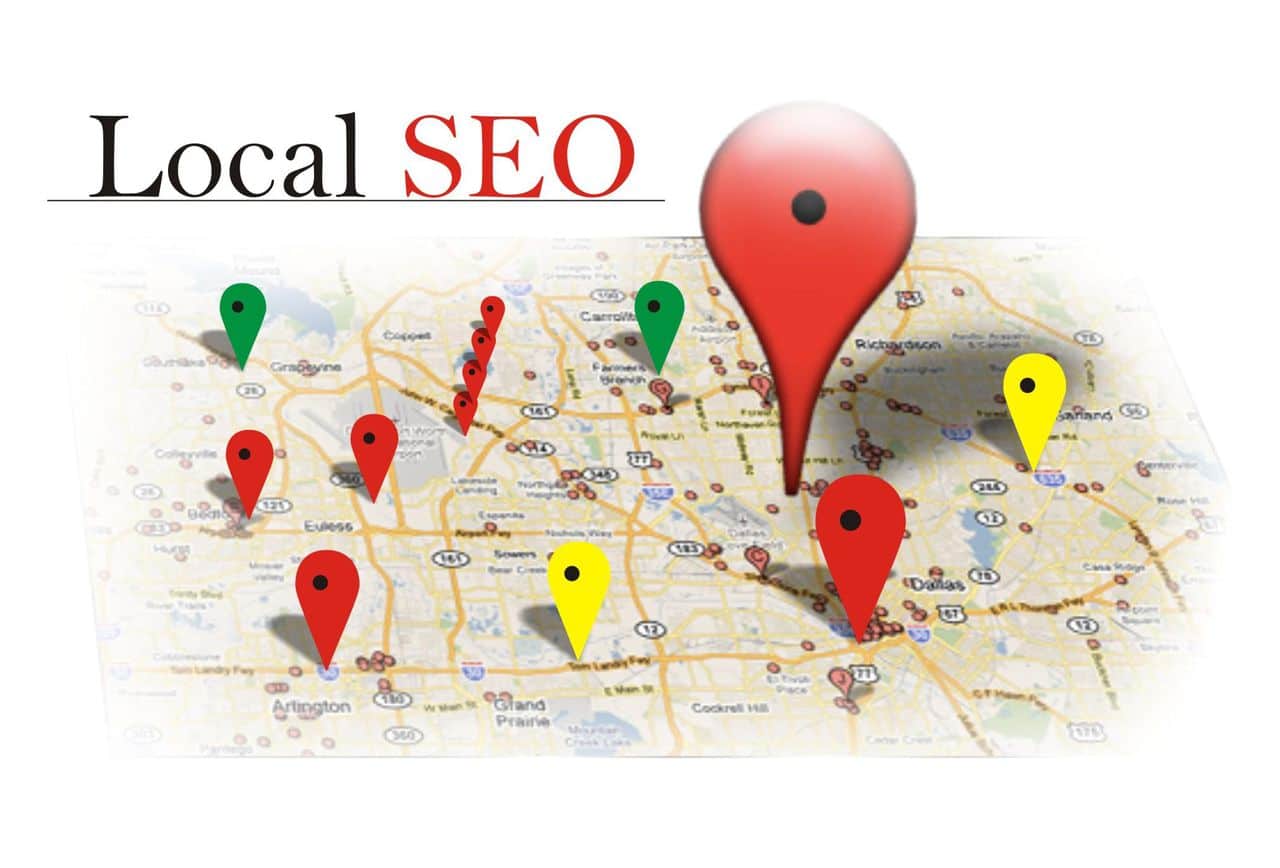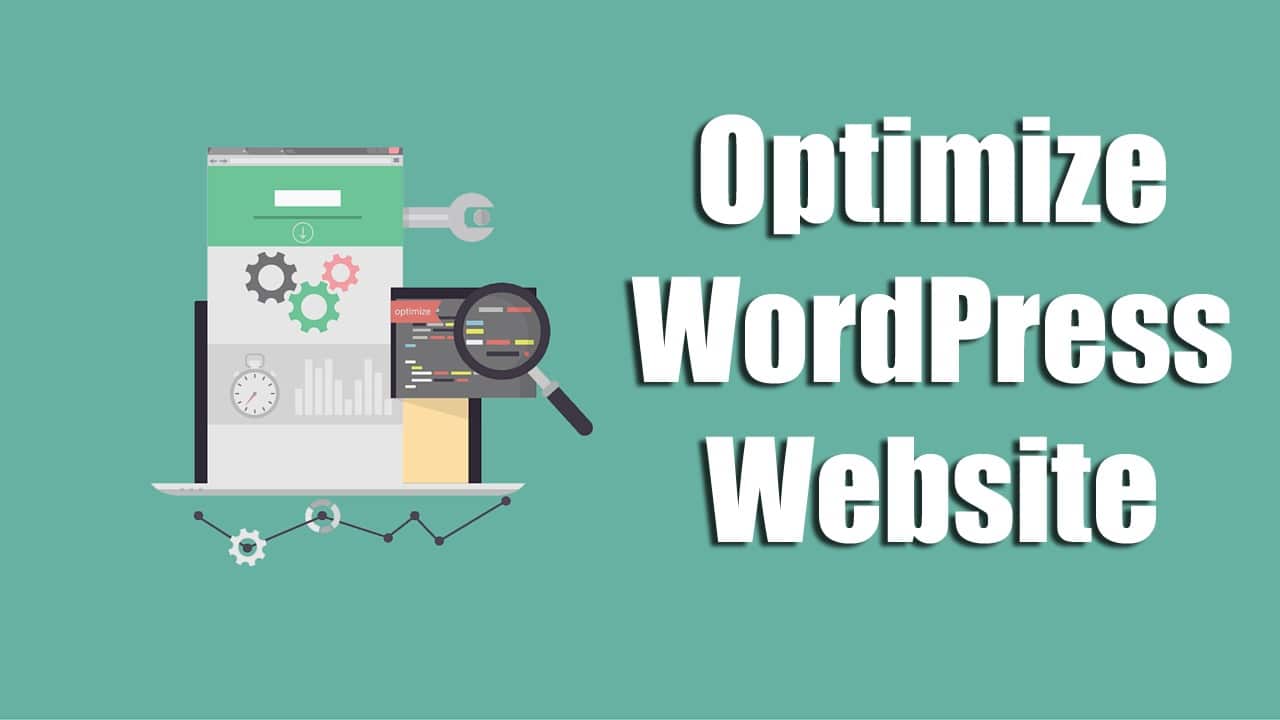Unlock your website’s potential with On-Site SEO from Herd Marketing.
Are you struggling to get your website to rank high on search engines?
Maybe you’re creating great content, but you’re just not seeing the results you want. It’s frustrating when your competitors are appearing above you on the search engine results pages, right? It’s almost as if they have some secret weapon you don’t.
The solution to your could be that your site is not fully optimised with on-page SEO. Our expert team can help you optimise your website, which will help to increase its visibility and rank higher on search engines.
Don’t let your competition get ahead of you – start your on-page SEO today with Herd Marketing.
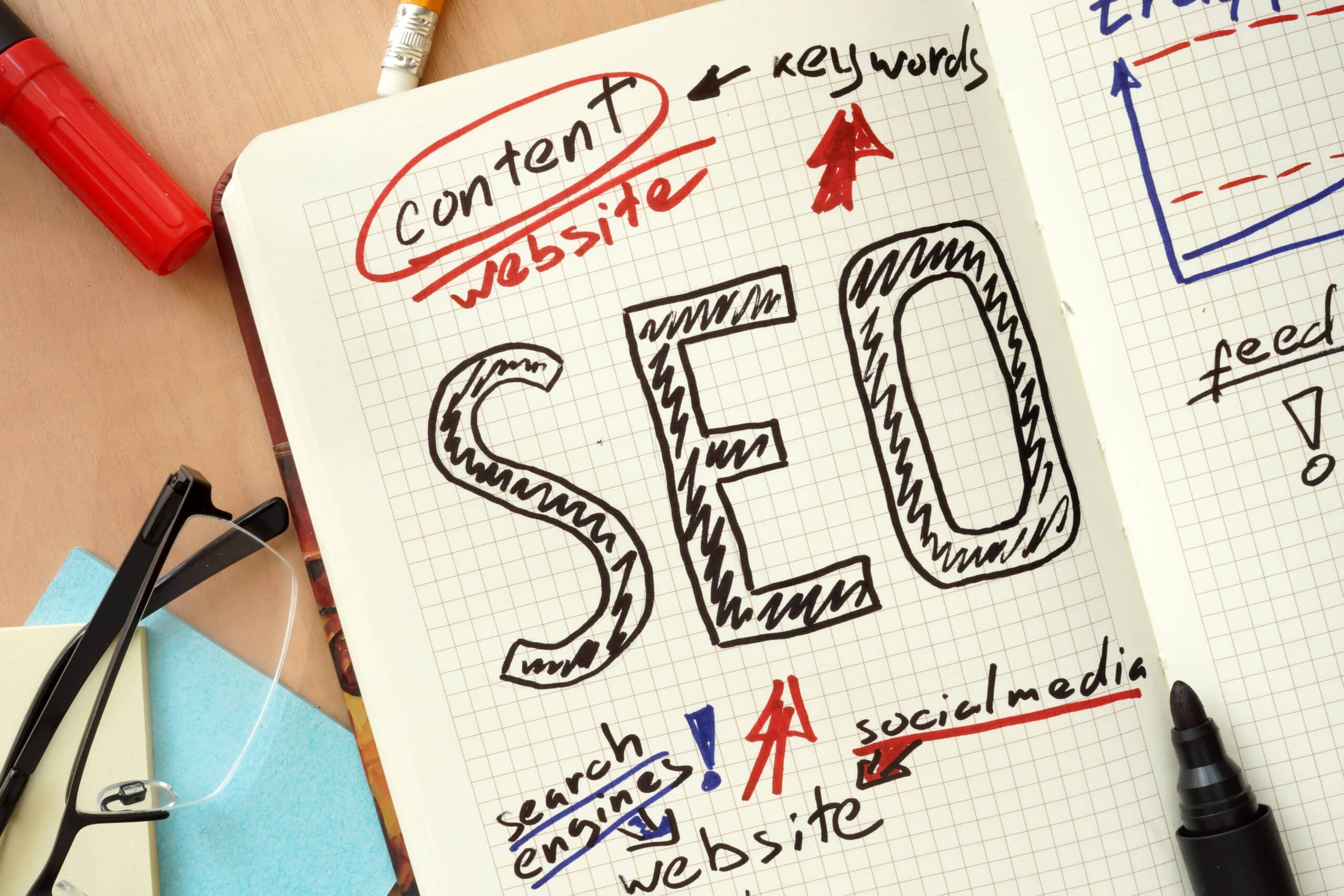
We are specialists in what we do…
Our team are experts in what they do and we work with both local and national clients from across the UK. By utilising our expertise with On-Site SEO, we have built long-lasting relationships with our clients that continue to provide an ongoing ROI.
On-site Search Engine Optimisation (SEO) is a critical component of organic search and refers to the practice of optimising elements on a website to improve its visibility and ranking in search engine results pages (SERPs). This type of SEO focuses on both the content and the HTML source code of a page but does not include external signals like backlinks (that’s Off-Page SEO). To help improve your on-site SEO, here are some key aspects of on-site SEO techniques:
Quality Content
Creating high-quality, relevant content that targets specific keywords is crucial. This helps search engines understand the purpose of your site and matches it with user queries. Good content also improves user engagement, which is a positive signal to search engines.
Title Tags
Each page should have a unique title tag that includes main keywords for the page. This is important for search engine algorithms and also for users, as it appears as the main link in SERPs and at the top of the browser window.
Meta Descriptions
Although meta descriptions don’t directly influence rankings, they do impact click-through rates (CTR) from the search results page. These should include key phrases and give a clear, concise summary of the page’s content.
Header Tags
Using header tags (H1, H2, H3, etc.) helps structure your content for both users and search engines. An H1 tag should include the main keywords and accurately describe the page’s content.
URL Structure
URLs should be simple, readable, and include keywords when possible. This helps users and search engines understand what the page is about.
Site Speed
Google and other search engines prioritise fast-loading websites as they enhance the user experience. Minimising code, compressing images, and using caching are ways to improve site speed.
Mobile Friendliness
With the increase in mobile internet usage, having a mobile-friendly website is a must. Google uses mobile-first indexing, meaning it predominantly uses the mobile version of the content for indexing and ranking.
Internal Linking
Strategically linking to other pages within your website helps search engines discover more of your content and understand the structure and hierarchy of your website. It also helps distribute page authority across your site.
Schema Markup
This is a form of microdata that creates an enhanced description (a.k.a. a rich snippet), which appears in search results. It helps search engines understand the context of the content and can significantly improve CTR.
Images Optimisation
Images can contribute to site speed issues, but they are also an opportunity to rank in image searches. Use descriptive, keyword-rich file names, alt tags, and optimize file sizes.
On-site SEO is a continuous process that involves monitoring, tweaking, and updating your website to keep up with search engine algorithms’ changes. Implementing these practices will make your website more search engine-friendly and can lead to higher rankings in SERPs, increased traffic, and, ultimately, more conversions.
Let’s Get Started…
If you are serious about taking your marketing to the next level and want a results-driven partner to work on your digital marketing campaigns, hit the Get a Quote button & we’ll be in touch.
Alternatively, please call us on 0151 453 6580.
Do you want to boost your website’s visibility and rank higher in search results?
On-page SEO is should be core component of your organic search strategy. It involves optimising your website’s content, structure, and code to improve its relevance and authority to search engines. By doing so, you can attract more traffic, increase engagement, and ultimately drive more conversions.
With our on-page SEO services, we’ll analyse your website and identify areas for improvement. We’ll optimize your content with relevant keywords, create meta descriptions that entice clicks, improve your website’s load speed, and more.
Contact us today to learn more about our on-page SEO services and take the first step towards a better online presence.
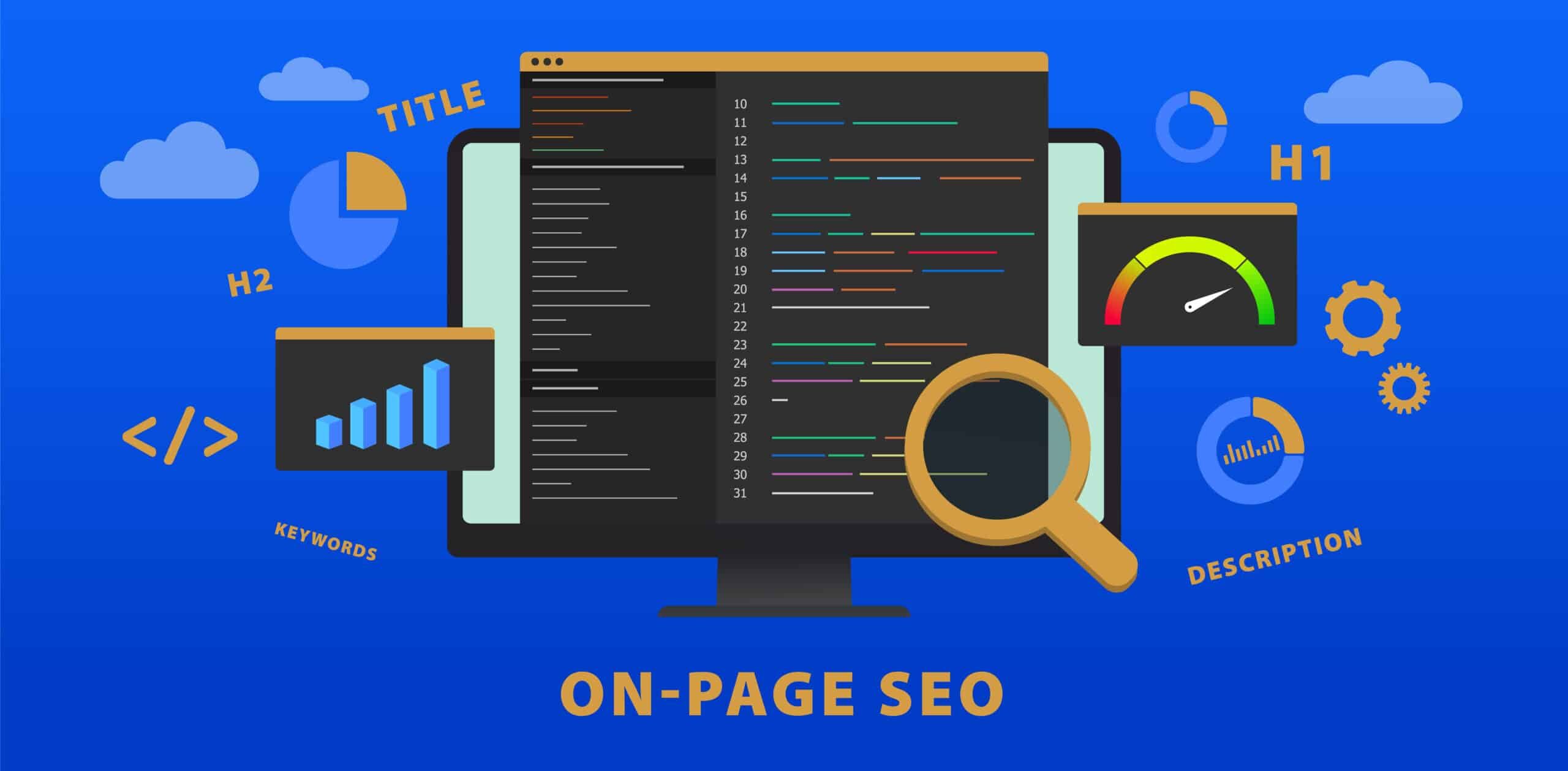
Read Our Latest Search Engine Optimisation Resources
Stay informed and up-to-date with all things related to On-Page SEO and organic search in general, by visiting our online resource center. Our collection of informative articles is constantly being updated, so be sure to read, engage, and share them with your colleagues, friends, and peers.
Herd Marketing Online Resource Centre…
Our online resource centre offers a plethora of useful in-depth articles that provide hints and tips on all things digital marketing related. Read, share, comment and engage with us on these pages.
Search Engine Optimisation (SEO) – Frequently Asked Questions
What is Search Engine Optimisation (SEO)?
Search Engine Optimisation (SEO) is the practice of enhancing a website's visibility and ranking on search engine results pages. It involves employing various strategies and techniques that help a website appear higher on search results, increasing the quantity and quality of traffic. SEO can involve improving the site's content, usability, credibility, use of relevant keywords, and ensuring the site is well-designed, fast, and mobile-friendly. It's crucial for digital marketing as it makes a website easily discoverable by users searching for terms relevant to the website's industry or brand.
Why is SEO important for my business?
SEO (Search Engine Optimisation) is important for your business for several reasons:
1. Increased Visibility: SEO helps your business to rank higher in search engine results, making it more visible to potential customers. The higher your business ranks, the more likely people are to click on your website.
2. Greater Credibility: People tend to trust the websites that appear on the first page of search engine results. So, a higher ranking also increases your business's credibility.
3. Cost-effective Marketing: SEO is a cost-effective form of digital marketing. Unlike paid advertising, you do not need to pay for each click or impression. Once your website ranks high, it can stay there for a considerable period of time, continuously bringing in organic traffic.
4. Increased Web Traffic: SEO can help drive more traffic to your website. By using keywords that your potential customers are searching for, you can attract more relevant traffic - people who are more likely to be interested in your products or services.
5. Better User Experience: SEO involves making your website more user-friendly. This includes improving site speed, making it mobile-friendly, easy navigation, and adding useful content. This can improve user experience, making visitors more likely to stay longer and take desired actions.
6. Improved Conversion Rates: With more visibility and credibility, as well as a better user experience, you can enjoy increased conversion rates. Visitors are more likely to become customers when they can find your website easily, trust your brand, and navigate your website without difficulties.
How does SEO work?
Search Engine Optimisation (SEO) works by optimising website elements like keywords, content, site design, backlinks, etc. to increase the site's visibility for relevant searches. The better visibility your pages have in search results, the more likely you are to garner attention and attract prospective and existing customers to your business.
Here is a more detailed step by step:
1. Keyword Research: SEO starts with keyword research. The goal is to find out what keywords or phrases people are using to search for information related to your industry or business. These keywords need to be strategically placed in the website’s content, meta tags, and URLs.
2. On-Page SEO: This involves optimising the individual pages of the website for specific keywords. This includes using the keyword in the title, meta description, headers, and content of the page. On-page SEO also involves optimising images, using schema markup, and ensuring the page loads quickly.
3. Off-Page SEO: This refers to the actions taken outside of your website to impact your rankings within search engine results pages (SERPs). This is done by creating high-quality backlinks (links from other websites to your own). These can be obtained through guest blogging, influencer marketing, or social media marketing.
4. Technical SEO: This involves making the website easier for search engine bots to crawl and index. This includes creating a sitemap, using a [LINK] file to guide bots, improving site speed, optimising for mobile, and implementing secure sockets layer (SSL) to protect user information.
5. Local SEO: If you run a local business, you would also engage in local SEO. This involves creating a Google My Business profile, acquiring reviews, and optimising for local keywords.
6. Monitoring and Analysis: SEO involves constant monitoring and analysis to determine the effectiveness of your efforts and make necessary changes. This includes monitoring keyword rankings, organic traffic, bounce rate, conversion rate, etc. Tools like Google Analytics and Google Search Console can be used for this.
Search engines like Google, Bing, and Yahoo use complex algorithms to understand and rank pages appropriately in search results. But remember, these algorithms often evolve, so it’s important to adapt your SEO strategy as the industry changes.
How long does it take to see results from SEO?
Seeing results from SEO typically takes around 4-6 months. However, this can vary greatly depending on a number of factors such as the age of your website, the amount of content on it, your previous SEO efforts, and the competitiveness of your industry. Results should continue to improve over time. It's also important to note that SEO is an ongoing process and requires regular monitoring and adjustments.
How often should I update my website for SEO?
Regularly updating your website content is important for SEO. The exact frequency can depend on your business type and size, and how much new content you can realistically create. A common recommendation is to update your website at least once a week, but many experts advise more frequent updates, such as two or three times a week. Google appreciates fresh content, so frequent updates can lead to higher search engine rankings. Additionally, regularly updating your site can increase traffic, user engagement, and customer retention.
What are keywords and why are they important in SEO?
Keywords are words or phrases that people type into search engines when they are looking for specific information or answers. In terms of SEO (Search Engine Optimisation), keywords are used to help search engines understand what a particular webpage or website is all about, so it can accurately populate the results when a user conducts a search related to that keyword or keyword phrase.
They are important in SEO for several reasons:
1. Improved Search Rankings: When your content includes relevant keywords, search engines are more likely to rank your website higher on search engine results pages (SERPs).
2. Increased Web Traffic: As your website begins to appear more frequently in search results, more people will visit your website.
3. Higher Quality Traffic: If you use specific and relevant keywords, you're more likely to attract visitors who are interested in what you're offering.
4. Better User Experience: If your content contains relevant keywords, it will be more helpful to users who are looking for information related to those keywords.
5. Improved Conversion Rates: Relevant keywords can attract potential customers to your site. If they find what they are looking for, they are more likely to make a purchase.
Remember, though, the use of keywords should be balanced. Keyword stuffing, or the practice of overusing keywords in your content, can lead to penalties from search engines.
Contact Us
Fill in the form below and one of our team will contact you to find out more about your requirements. We aim to respond to your enquiry within 24 hours, excluding weekends and bank holidays.
Alternatively, please call us on 0151 453 6580 Monday – Friday 09.00 – 17.00.
